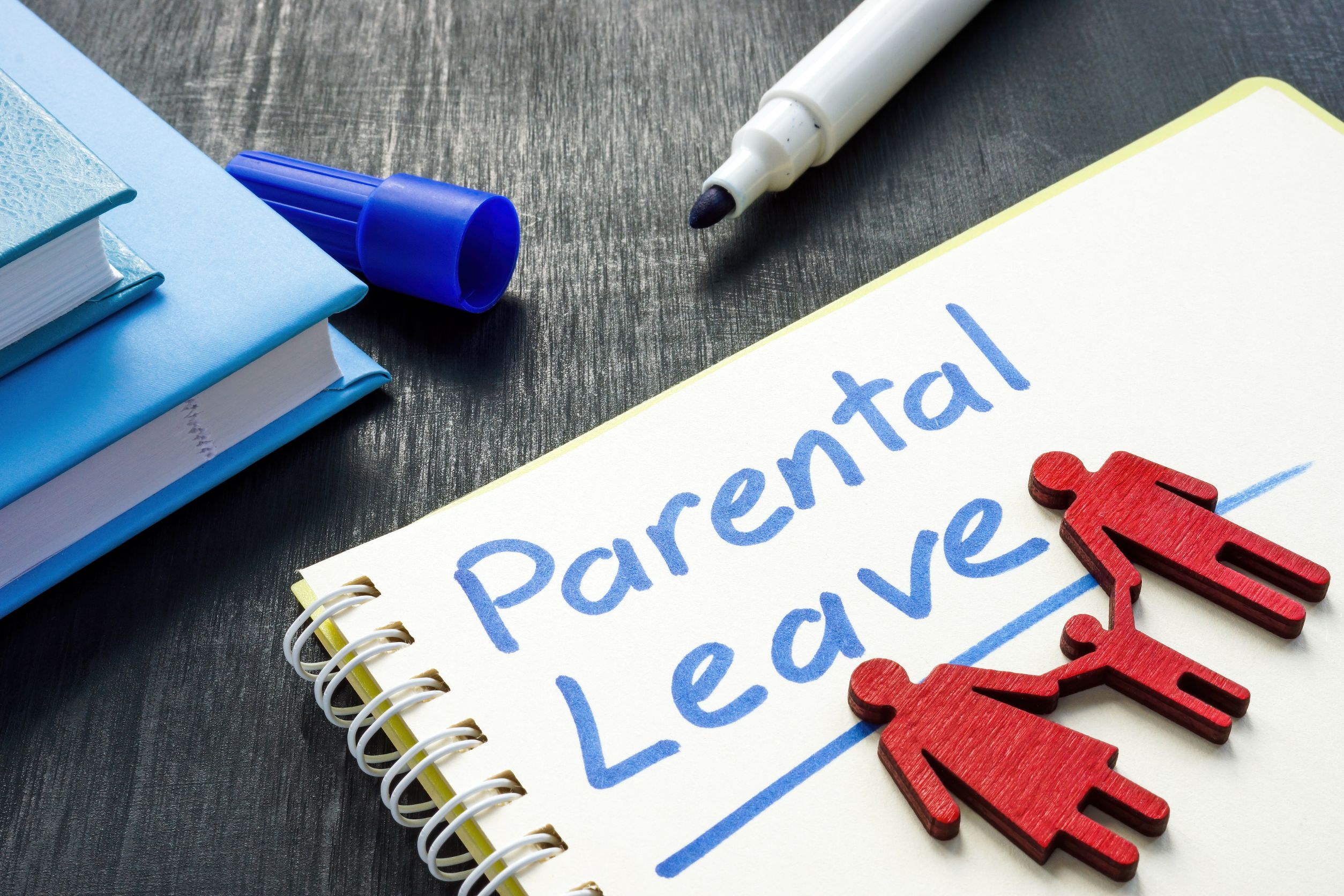Millennial parents are reshaping the way kids are raised—and that includes how discipline is handled. While many couples try to present a united front, the truth is that millennial moms and dads often approach discipline from very different angles. From tone of voice to screen time rules, subtle distinctions in their parenting styles can lead to big conversations (or disagreements) behind closed doors. Understanding these differences doesn’t just help parents get on the same page—it can also strengthen their ability to set consistent, respectful boundaries for their kids. Let’s explore how millennial moms and dads discipline differently, and what that means for today’s families.
1. Moms Are More Likely to Use Gentle Discipline
Millennial moms tend to lean into gentle parenting, emphasizing empathy and emotional awareness over punishment. They’re more likely to kneel down to a child’s level, talk through feelings, and encourage understanding over consequences. This doesn’t mean they let bad behavior slide, but they often prioritize connection before correction. Dads, in contrast, may favor a quicker, more direct approach to managing behavior. These differences in strategy can create friction unless both parents openly discuss their goals and values.
2. Dads May Default to Rules, While Moms Focus on Emotions
Millennial dads often enforce clear rules and consequences, sometimes with less emotional cushioning than moms. Their approach may be rooted in how they were disciplined growing up, with an emphasis on respecting authority and following structure. Moms, on the other hand, might consider how a child is feeling before deciding on the best course of action. This emotional filter can be incredibly effective but might seem inconsistent to a rule-driven partner. Finding a balance between structure and compassion can lead to stronger outcomes for kids.
3. Moms Often Handle Discipline More Frequently
In many households, millennial moms still take on the bulk of daily parenting responsibilities, which includes managing most discipline situations. This means they’re more likely to be the ones navigating meltdowns, sibling squabbles, or tantrums on a regular basis. As a result, moms might develop a more flexible or nuanced approach out of sheer necessity. Dads who step in occasionally may default to firmer discipline, feeling the need to “correct” behavior quickly. Open communication can help both parents support each other instead of unintentionally undermining their efforts.
4. Dads May Be More Comfortable with Natural Consequences
Millennial dads are often more willing to let kids learn through experience, allowing natural consequences to play out instead of stepping in immediately. For example, if a child forgets their homework, a dad might let them deal with the school consequences, while a mom might rush to bring it in. This difference doesn’t stem from carelessness but from a desire to build responsibility. Moms, driven by emotional nurturing, may struggle more with letting kids face discomfort. These contrasting instincts both have value and can complement each other when used intentionally.
5. Moms Are More Likely to Research Discipline Techniques
Millennial moms often turn to parenting blogs, podcasts, and online communities to learn about the latest discipline strategies. They may bring in ideas like time-ins, behavior charts, or positive reinforcement systems. Dads might be less involved in research but stick to what they know has worked in the past. This difference can lead to disagreements if one parent sees the other’s method as outdated or too soft. The best results happen when both parents are open to learning and adapting together.
6. Dads Tend to Use Humor in Discipline More Often
Millennial dads are increasingly using humor as a way to diffuse tension and redirect misbehavior. A silly face or unexpected joke can snap a child out of a tantrum faster than a time-out. Moms may sometimes interpret this as not taking discipline seriously, especially if they’ve been managing back-to-back behavior issues all day. However, humor can be a powerful tool for reconnecting and modeling emotional regulation. When used mindfully, it can make discipline feel less combative for everyone involved.
7. Moms Are More Concerned About Long-Term Emotional Impact
Millennial moms are highly tuned into how discipline affects a child’s emotional health over time. They’re more likely to worry about shame, guilt, or fear stemming from punishment. Dads might be more focused on short-term behavior correction and less concerned about lingering emotional effects. This doesn’t mean dads don’t care—they may simply view discipline through a more pragmatic lens. Talking openly about long-term goals can help both parents align their approaches for healthier outcomes.
8. Dads May Struggle with Consistency
Because moms often handle more of the day-to-day discipline, they tend to be more consistent with enforcing rules and boundaries. Dads, especially those who work long hours or parent part-time, might have trouble maintaining the same follow-through. This can cause confusion for kids and frustration for moms who feel like they’re carrying the load. To prevent this, dads can create simple systems they can stick to when they’re home. Consistency doesn’t require perfection—it just needs to be predictable.
9. Moms and Dads View Screen Time Discipline Differently
Millennial moms and dads discipline differently when it comes to tech-related rules. Moms often worry more about how screen time affects sleep, attention spans, and mood. Dads may be more flexible, especially if screen time offers a break or bonding opportunity. Conflicts can arise if one parent uses screens as leverage while the other treats it as a casual pastime. Aligning expectations and setting tech boundaries as a team can help avoid mixed messages.
Working Together Makes All the Difference
While millennial moms and dads’ discipline in unique ways, their shared goal is raising respectful, emotionally healthy kids. These differences aren’t necessarily bad—in fact, they can provide balance and flexibility when embraced. The key is open communication, mutual respect, and a willingness to support one another. When kids see their parents working as a team, they benefit from more consistent and secure boundaries. Discipline becomes less about who’s right and more about what’s best for the child.
Do you and your partner discipline differently? Tell us how you make it work in the comments below!
Read More:
11 Discipline Methods That Secretly Backfire On Parents
10 Reasons Why So Many Parents Think Spanking Is Effective
Catherine is a tech-savvy writer who has focused on the personal finance space for more than eight years. She has a Bachelor’s in Information Technology and enjoys showcasing how tech can simplify everyday personal finance tasks like budgeting, spending tracking, and planning for the future. Additionally, she’s explored the ins and outs of the world of side hustles and loves to share what she’s learned along the way. When she’s not working, you can find her relaxing at home in the Pacific Northwest with her two cats or enjoying a cup of coffee at her neighborhood cafe.












































